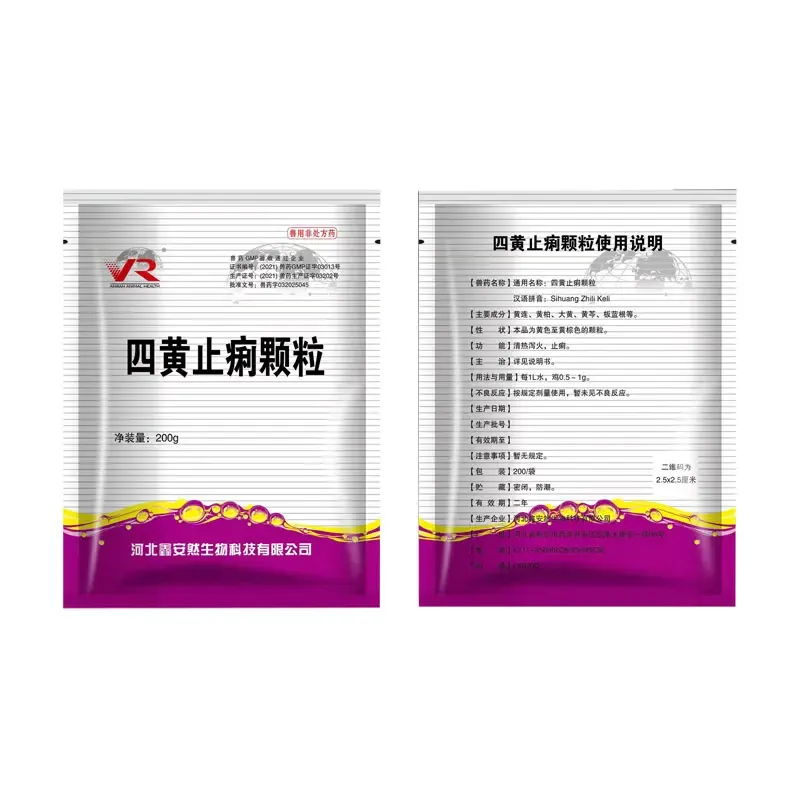- Afrikaans
- Albanian
- Amharic
- Arabic
- Armenian
- Azerbaijani
- Basque
- Belarusian
- Bengali
- Bosnian
- Bulgarian
- Catalan
- Cebuano
- Corsican
- Croatian
- Czech
- Danish
- Dutch
- English
- Esperanto
- Estonian
- Finnish
- French
- Frisian
- Galician
- Georgian
- German
- Greek
- Gujarati
- Haitian Creole
- hausa
- hawaiian
- Hebrew
- Hindi
- Miao
- Hungarian
- Icelandic
- igbo
- Indonesian
- irish
- Italian
- Japanese
- Javanese
- Kannada
- kazakh
- Khmer
- Rwandese
- Korean
- Kurdish
- Kyrgyz
- Lao
- Latin
- Latvian
- Lithuanian
- Luxembourgish
- Macedonian
- Malgashi
- Malay
- Malayalam
- Maltese
- Maori
- Marathi
- Mongolian
- Myanmar
- Nepali
- Norwegian
- Norwegian
- Occitan
- Pashto
- Persian
- Polish
- Portuguese
- Punjabi
- Romanian
- Russian
- Samoan
- Scottish Gaelic
- Serbian
- Sesotho
- Shona
- Sindhi
- Sinhala
- Slovak
- Slovenian
- Somali
- Spanish
- Sundanese
- Swahili
- Swedish
- Tagalog
- Tajik
- Tamil
- Tatar
- Telugu
- Thai
- Turkish
- Turkmen
- Ukrainian
- Urdu
- Uighur
- Uzbek
- Vietnamese
- Welsh
- Bantu
- Yiddish
- Yoruba
- Zulu
10 月 . 22, 2024 01:16 Back to list
Understanding the Role of Protein in Animal Nutrition for Optimal Health and Growth
Animal Nutrition The Vital Role of Protein
Animal nutrition is a critical field that encompasses the study of how animals obtain and utilize nutrients from their diets to support growth, maintenance, reproduction, and overall health. Among the various nutrients essential for animals, protein stands out as one of the most crucial components due to its multifaceted roles in bodily functions.
Understanding Protein
Proteins are polymers made up of amino acids, which are often referred to as the building blocks of life. There are 20 different amino acids, nine of which are essential and must be obtained through the diet because animals cannot synthesize them. The remaining amino acids can be produced internally, but the balance of intake is vital for optimal health and performance.
In animal nutrition, the quality of protein is determined not only by the quantity supplied but also by its amino acid profile. The concept of biological value comes into play here, which refers to the proportion of absorbed protein from a food that becomes incorporated into the proteins of the organism's body. Diets that provide a complete amino acid profile, such as those found in animal products, tend to have a higher biological value compared to plant-based proteins.
Importance of Protein in Animal Health
Protein plays several key roles in animal health, including tissue growth and repair, enzyme and hormone production, immune function, and overall metabolic processes. Young, growing animals, such as calves, piglets, and chicks, have higher protein requirements due to their rapid growth rates. Insufficient protein intake in these life stages can lead to stunted growth, weakened immunity, and increased susceptibility to diseases.
For adult animals, protein is necessary for maintaining muscle mass and supporting the functions of various physiological systems. In lactating mammals, protein is critical for milk production, with high-quality proteins being essential for ensuring that offspring receive adequate nutrition for their development. Similarly, during pregnancy, the demand for protein increases to support the growing fetus and prepare for lactation.
Sources of Protein
animal nutrition protein

Animal nutritionists often consider various protein sources when formulating diets
. Common sources include1. Animal-Based Proteins These include meat, fish, eggs, and dairy products. They are complete proteins containing all essential amino acids and are highly digestible.
2. Plant-Based Proteins Ingredients such as soybean meal, canola meal, peas, and lentils are commonly used in livestock feeds. While many plant proteins lack one or more essential amino acids, they can be used in combination to create a balanced diet.
3. By-Products Animal by-products such as blood meal, fish meal, and feathers are also rich in protein and can help reduce waste in the agriculture industry.
4. Synthetic Amino Acids In some advanced feed formulations, synthetic amino acids are added to ensure that the dietary protein meets the specific needs of the animal without overloading on protein sources.
Protein Requirements Across Animal Species
Different animal species have varying protein requirements based on factors such as age, sex, reproductive status, and purpose (e.g., growth, maintenance, lactation). For example, poultry typically require higher protein levels during their growth phase compared to adult layers, which can sustain themselves on lower protein diets. Similarly, performance animals, such as racehorses or dairy cattle, may require specially formulated diets rich in high-quality protein to meet their energy and muscle-building needs.
Conclusion
In summary, protein is an indispensable element of animal nutrition, playing a crucial role in growth, reproduction, and overall health. Understanding the importance of protein, its sources, and the specific requirements of various animal species is fundamental for animal health management. As agricultural practices and feed formulations continue to evolve, researchers and nutritionists must work together to optimize protein use in animal diets, ensuring that all animals receive the quality nutrition they need to thrive. This holistic approach to animal nutrition not only enhances animal welfare but also contributes to sustainable agricultural practices and food security.
-
The Power of Radix Isatidis Extract for Your Health and Wellness
NewsOct.29,2024
-
Neomycin Sulfate Soluble Powder: A Versatile Solution for Pet Health
NewsOct.29,2024
-
Lincomycin Hydrochloride Soluble Powder – The Essential Solution
NewsOct.29,2024
-
Garamycin Gentamicin Sulfate for Effective Infection Control
NewsOct.29,2024
-
Doxycycline Hyclate Soluble Powder: Your Antibiotic Needs
NewsOct.29,2024
-
Tilmicosin Premix: The Ultimate Solution for Poultry Health
NewsOct.29,2024













